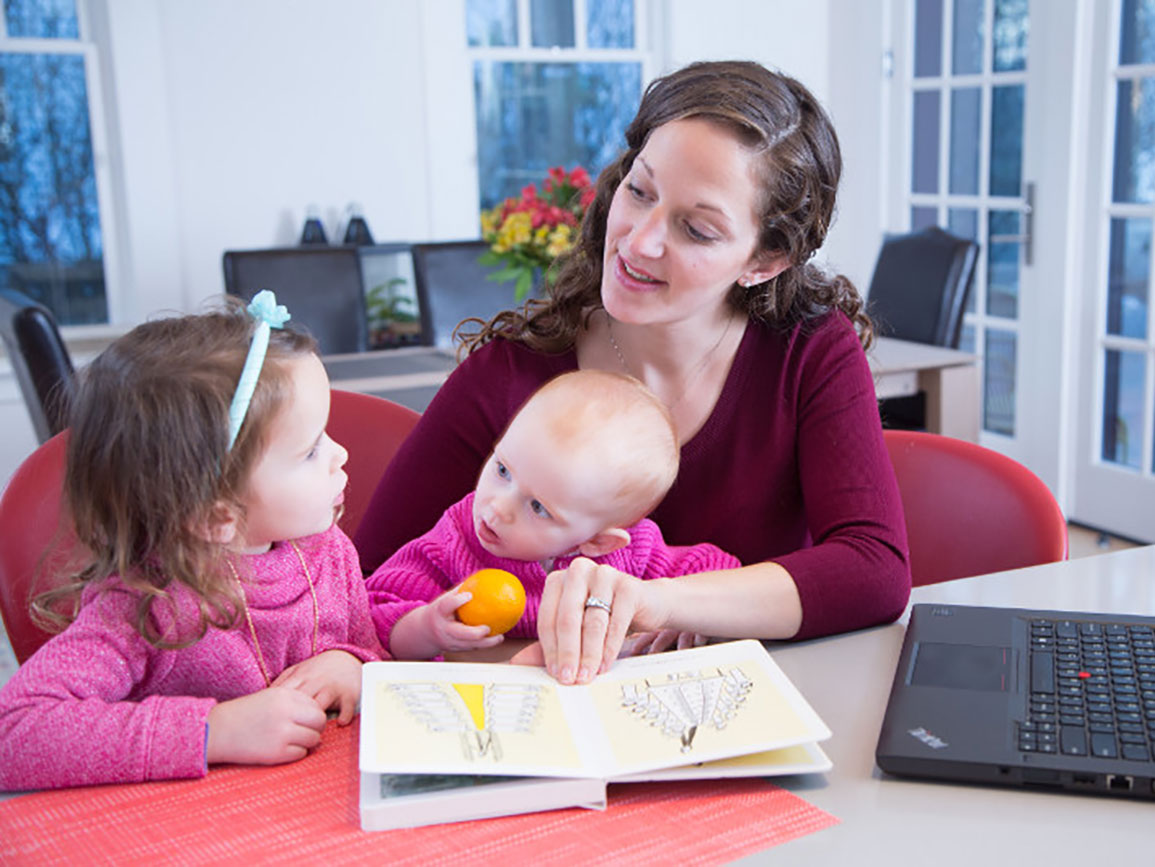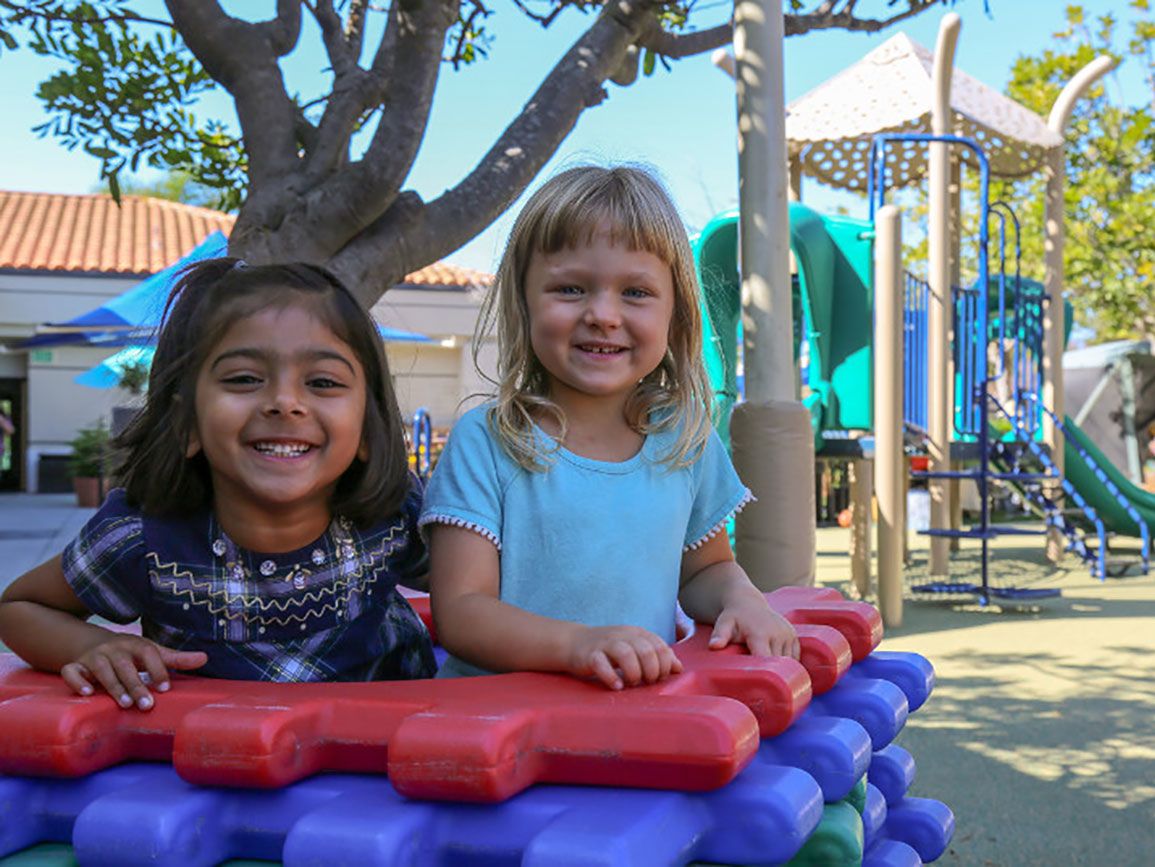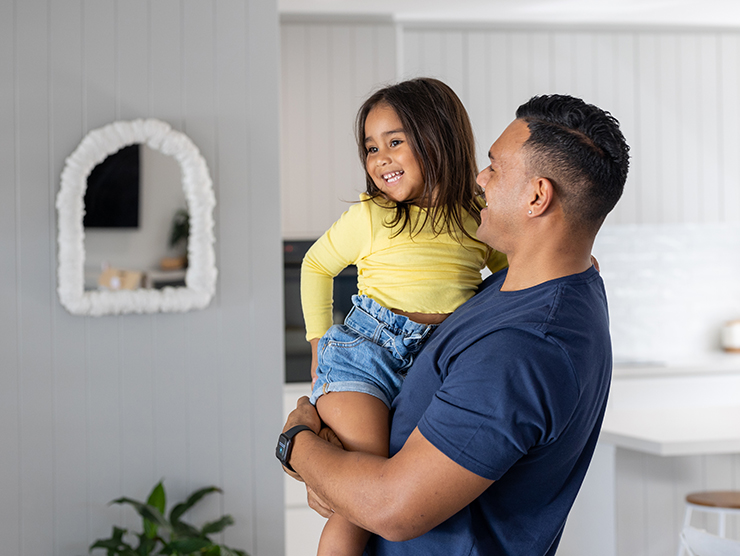When parents of a newborn are asked what they want most for their child, they almost always say something along the lines of, "I just want her to be happy."
But how do we prepare our children to be happy? How can we set our young children on a course that leads to life-long contentment? Surprisingly, one of the best ways to nurture happiness is to prepare children for the adversity they’re guaranteed to encounter in life; in other words, raise them to be resilient children.
Purposefully developing children’s natural resilient tendencies will give them essential life skills: the skills to cope with challenges, adopt a positive perspective, and develop self-confidence and self-worth; all essential ingredients for happiness. Many experts on child resilience agree that there are specific characteristics or elements of a child’s life that most contribute to their ability to be resilient. Dr. Kenneth Ginsburg, a pediatrician and leading expert on child resilience, organizes these characteristics and elements into the 7Cs.
The 7 Cs of Resilient Children
- Competence - A child’s competence is built through opportunities to fully develop and master specific skills or strengths. This includes concrete skills like math, softball, reading or piano and less concrete skills such as the ability to solve problems, be a good friend, or make thoughtful decisions.
- Confidence - Children need to have a general belief in themselves and their abilities, believing that they are important and can make a positive difference and worthwhile contribution to the world.
- Connection - Strong relationships serve as a safety net for all individuals, particularly children. When children feel connected, they feel protected and are more likely to explore the world knowing that they have support when they need it.
- Character - Although the lines between right and wrong are still blurry in early childhood, children are beginning to develop an internal moral code to guide them (hence their ever present focus on fairness).
- Contribution - Having opportunities to make a positive impact are essential to children’s sense of worth.
- Coping - Children need to develop internal coping responses that allow them to navigate challenges without turning to destructive behaviors or relying solely on others to help them through difficult times.
- Control - From their first assertive, "NO!” young children are practicing asserting control of their lives. Children need clear boundaries and the ability to assert control when logical to develop a sense of their abilities and feel in control of their lives.
Ideas on How to Raise Resilient Children
- Support. As much as possible, provide support rather than advice. Ask your child about their ideas and solutions.
- Role-play. Role-play typical age-appropriate moral dilemmas or ethical challenges so when your child faces them in real-life they’re more prepared.
- Get out of the way. Let children make mistakes (when safe) and learn from them on their own. It is hard to watch children stumble or fail, but the experience of using their own wits and talents to improve their circumstances is often more valuable than any tips you might provide. .
- Share simple strategies. Teach your child some stress-busting strategies, e.g., mindfulness, talking with someone, exercising, etc.
- Be a good role model. Your children are watching and learning from how you approach life and respond to challenges.
The roots of lifelong happiness and resilience develop in early childhood and should be nurtured throughout children’s lives. It is up to us to make each moment count and help them so they can achieve the goal we set forth for them as newborns, "To be happy."
- Find tips for building the essential life skills that kids need to succeed in todays world.
- Get 5 positive and proactive parenting tips to help manage kids good and bad behavior.
- Learn why playground play is important for children’s development - plus get classic outdoor game ideas!





